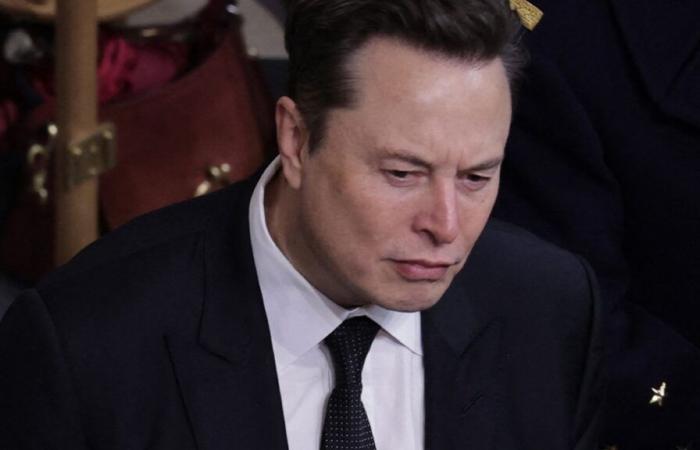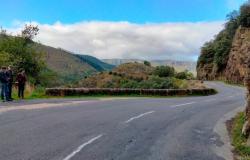Elon Musk and Marc Zuckerberg own, between X, Facebook and Instagram, the most powerful social networks in the world and have decided to no longer moderate them.
Elon Musk, closer than ever to Donald Trump and now an active supporter of the German far right: for the co-president of Ecolo, Marie Lecoq, this is too much and the social network Europe. “We sittones at an alarming drift”she said. “X has become a tool at the service of a multi-billionaire with authoritarian political ambitions, who openly supports conservative and divisive forces such as the AfD in Germany or climate skeptics in Canada. This platform, which promotes hateful and divisive content, endangers social cohesion and democratic stability. Our institutions cannot remain passive in the face of such a threat.
For the boss of the platform, European regulation of social networks would amount to censorship.
But have other countries already suspended or even banned X or another social network? In reality, there are several who have made such decisions. worldwide According to data from Surfshark, which specializes in online data security, the application is currently inaccessible in eight countries, often authoritarian regimes: Russia, China, Iran, North Korea, Myanmar, Pakistan, Turkmenistan and Eritrea, while 30 other countries – mostly located in Africa – have blocked it at least once since 2015.
X, formerly Twitter, was banned in Venezuela in August during the crackdown on anti-Maduro protests. The deadline has expired but the ban still applies.
In Brazil, X was suspended for 40 days, between August and October. His return was authorized after a long standoff between Elon Musk and the Supreme Court judge. Elon Musk had to give in to his demands to combat disinformation and hate speech online, pay a fine of nearly 5 million euros and appoint a new legal representative in Brazil.
77 restrictions worldwide
Still according to Surfshark, since 2015, and according to available data, 62 countries have restricted or blocked access to social networks or messaging applications. If we take into account cuts and other restrictions on Internet access, this figure rises to 77.
These restrictions are often taken by undemocratic governments in Africa and Asia. In most cases, restrictions are temporary and aim to limit or control information flows during political unrest and events (elections, protests, wars, conflicts, coups, etc.). Among the most recent cases, we can cite Guinea, where the government has restricted access to several platforms such as Facebook, YouTube, Instagram, WhatsApp and Telegram since last November, in a context of political tensions.
Find You are in the newspaper every evening from Monday to Friday at 6 p.m. on bel RTL with Peggy Simono and Thibaut Roland.
elon musk social networks x twitter







